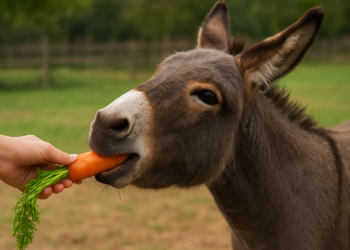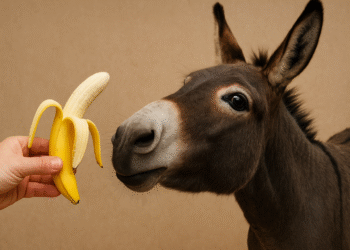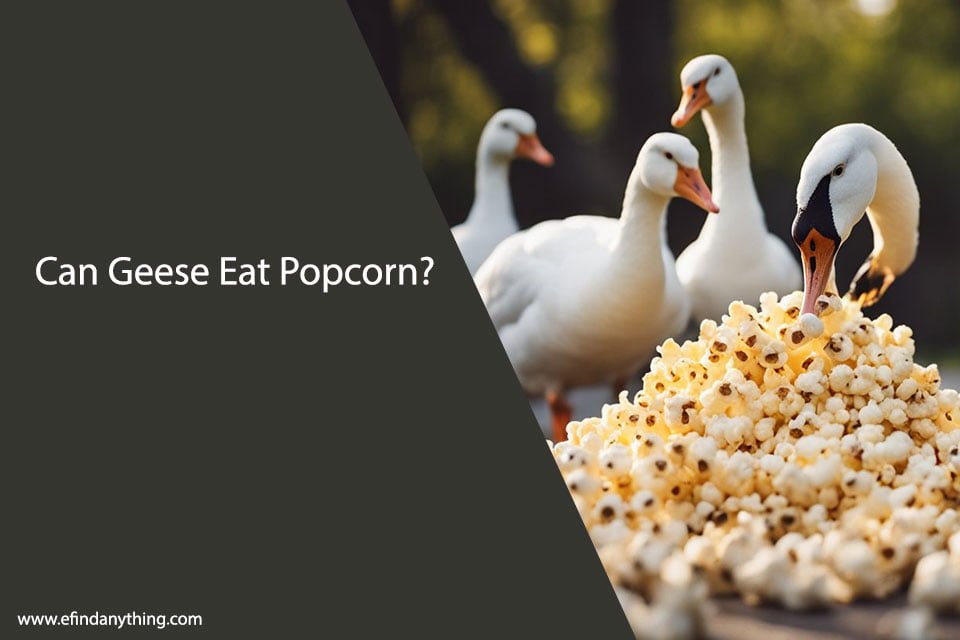Chickens are known for their omnivorous diet, which includes everything from insects and worms to fruits and vegetables. As a result, many chicken owners wonder if it’s safe to feed their flock potato skins. After all, potato skins are often discarded by humans but could be a valuable addition to a chicken’s diet. In this article, we’ll explore whether chickens can eat potato skins and what the potential benefits and drawbacks are.
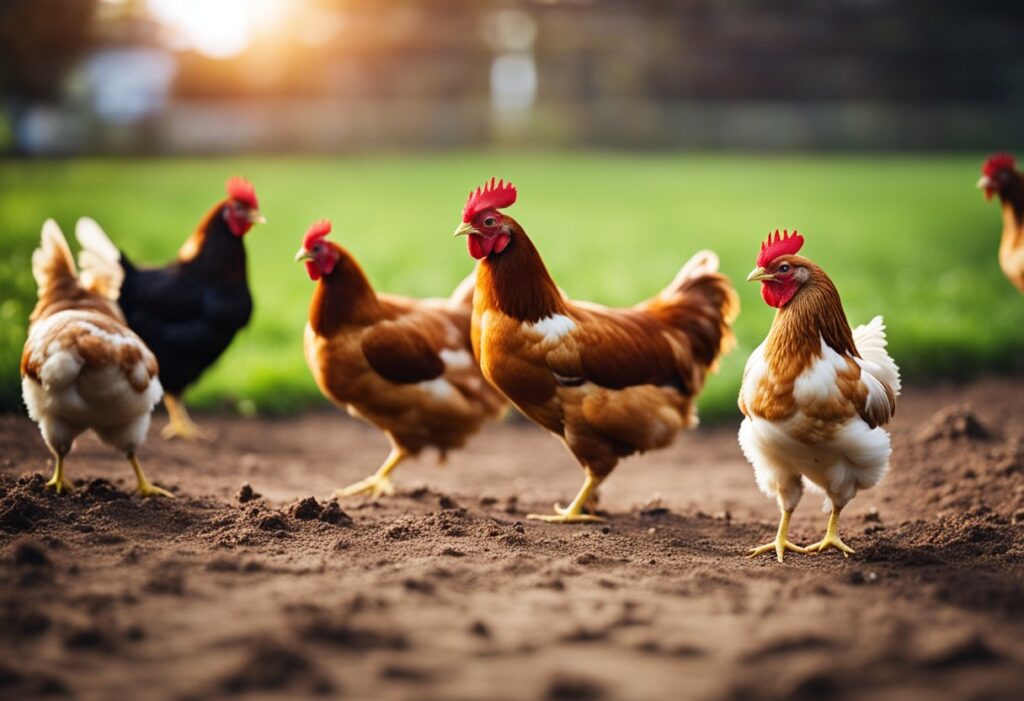
First, let’s address the question at hand: can chickens eat potato skins? The answer is yes, chickens can eat potato skins. In fact, potato skins are a good source of fiber and nutrients such as potassium and vitamin C. However, it’s important to note that potato skins contain solanine, a natural toxin that can be harmful in large quantities. So while potato skins can be a healthy addition to a chicken’s diet, it’s important to feed them in moderation.
Nutritional Value of Potato Skins for Chickens
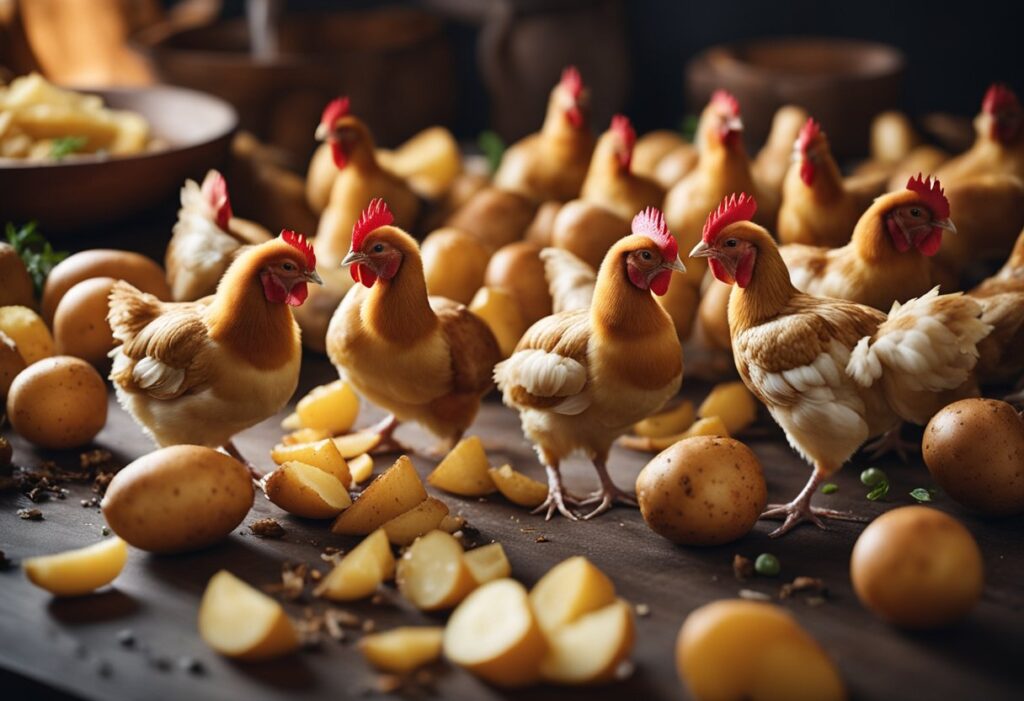
Potato skins are a common kitchen waste that can be fed to chickens. They are packed with nutrients that can benefit your flock. Here are some of the nutritional values of potato skins for chickens:
Carbohydrates
Potato skins contain carbohydrates, which are a good source of energy for chickens. However, it is important to note that too much carbohydrate intake can lead to obesity in chickens. Therefore, potato skins should be fed in moderation.
Vitamins
Potato skins are rich in vitamins such as vitamin C, B6, and potassium. These vitamins are essential for the proper functioning of a chicken’s body. Vitamin C, for instance, helps in the absorption of iron, while vitamin B6 is important for the metabolism of protein.
Minerals
Potato skins are also a good source of minerals such as iron, magnesium, and phosphorus. These minerals help in the development of strong bones and muscles in chickens. Iron, for example, is essential for the production of hemoglobin, which carries oxygen in the blood.
Fiber
Potato skins are high in fiber, which is important for a chicken’s digestive health. Fiber helps to regulate the digestive system, preventing issues such as constipation and diarrhea.
In conclusion, potato skins are a nutritious addition to a chicken’s diet. However, they should be fed in moderation, and it is important to ensure that they are clean and free of any harmful chemicals or pesticides.
Potential Risks of Feeding Potato Skins to Chickens

When it comes to feeding chickens, it’s important to be aware of potential risks associated with certain foods. While potato skins may seem like a harmless treat to give your feathered friends, there are a few things to consider before doing so.
Toxicity Concerns
Potato skins contain solanine, a toxic compound that can cause digestive upset, weakness, and even death in chickens if consumed in large amounts. While the levels of solanine in potato skins are generally low, it’s still important to be cautious when feeding them to your birds.
Choking Hazards
Potato skins are tough and fibrous, which can make them difficult for chickens to swallow. If a chicken tries to eat a large piece of potato skin, it could get stuck in their throat and cause choking. To reduce the risk of choking, it’s best to cut potato skins into small pieces before feeding them to your chickens.
Digestive Issues
Chickens have delicate digestive systems that can be easily upset by certain foods. Potato skins are high in fiber, which can cause digestive issues such as diarrhea or constipation if fed in excess. Additionally, the high starch content in potato skins can disrupt the balance of bacteria in a chicken’s gut, leading to further digestive problems.
In conclusion, while potato skins may seem like a harmless treat to give your chickens, it’s important to be aware of the potential risks associated with feeding them. By taking a few precautions, such as cutting the skins into small pieces and feeding them in moderation, you can safely incorporate potato skins into your chickens’ diet.
Preparation of Potato Skins for Chickens
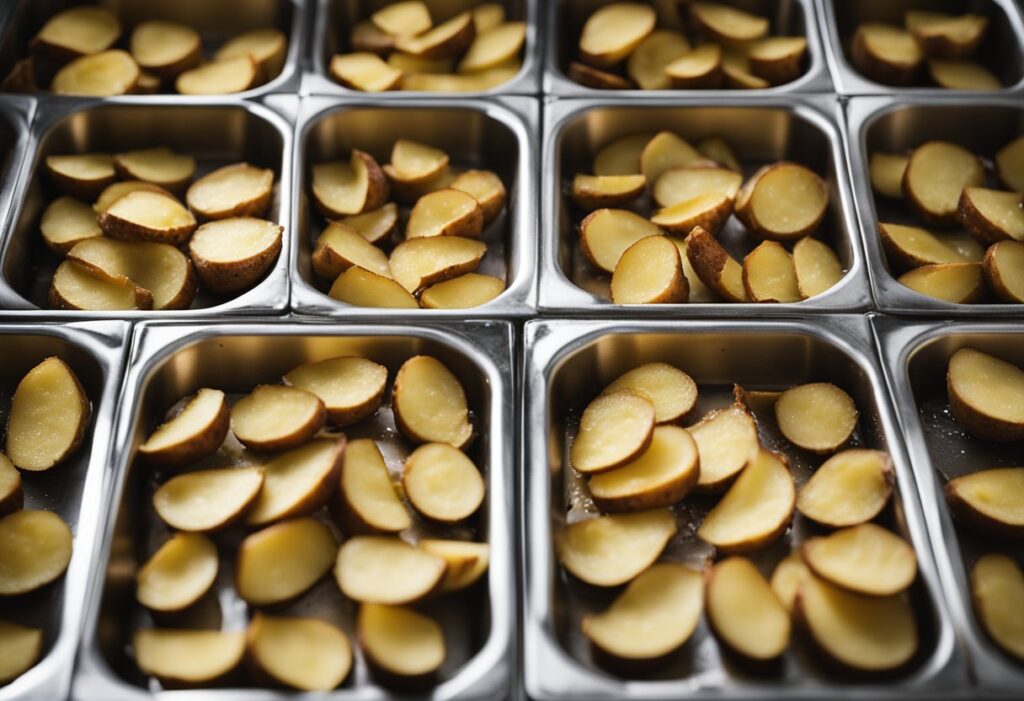
When it comes to feeding chickens, it’s important to provide them with a balanced diet that includes a variety of foods. One food that many chicken owners wonder about is potato skins. The good news is that yes, chickens can eat potato skins! However, there are a few things to keep in mind when preparing potato skins for your feathered friends.
Cleaning and Cooking
Before feeding potato skins to your chickens, it’s important to clean them thoroughly. Potatoes are often treated with pesticides and other chemicals, so it’s important to wash them well to remove any residue. We recommend using a vegetable brush to scrub the skins clean.
Once the potato skins are clean, you can cook them in a variety of ways. Some chicken owners prefer to bake the skins in the oven, while others boil them on the stove. Either way, be sure to let the skins cool completely before serving them to your chickens.
Serving Size and Frequency
While potato skins can be a healthy addition to your chickens’ diet, it’s important not to overdo it. Too much of any one food can disrupt the balance of nutrients in your chickens’ diet. We recommend feeding potato skins in moderation, as a treat rather than a staple food.
As for serving size, it will depend on the size of your flock. A good rule of thumb is to offer a handful of potato skins per chicken, once or twice a week. Remember to always provide fresh, clean water alongside any treats you offer your chickens.
In conclusion, potato skins can be a nutritious and tasty treat for your chickens, as long as they are prepared properly and fed in moderation. With a little bit of care and attention, you can provide your flock with a varied and balanced diet that will keep them happy and healthy.
Healthier Alternatives to Potato Skins
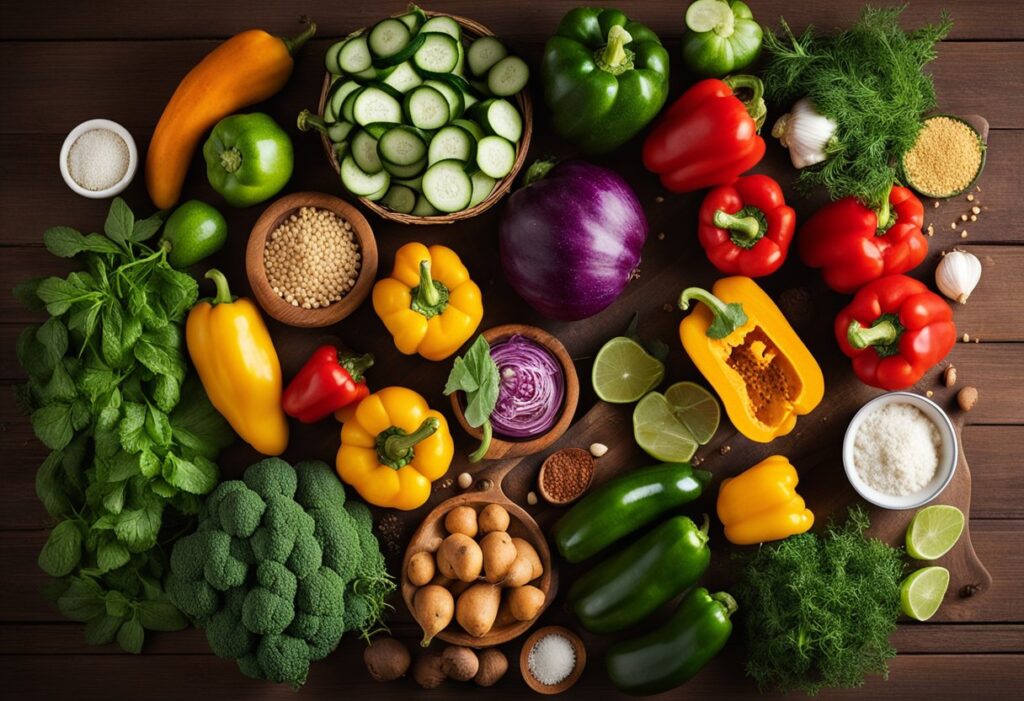
While potato skins are a popular treat for chickens, there are healthier alternatives that can provide them with the same nutritional benefits. Here are some of the best options:
Sweet Potato
Sweet potatoes are a great source of vitamins A and C, as well as fiber and potassium. They are also low in fat and calories, making them a healthy snack for chickens. Simply chop them into small pieces and offer them to your chickens as a treat.
Carrots
Carrots are another great option for chickens. They are high in vitamin A, which is important for maintaining healthy eyesight, and they also contain fiber and potassium. Cut them into small pieces and offer them as a treat.
Broccoli
Broccoli is a nutrient-dense vegetable that is high in vitamins C and K, as well as fiber. It also contains antioxidants that can help boost the immune system. Offer it to your chickens raw or steamed.
Spinach
Spinach is another nutrient-dense vegetable that is high in vitamins A and K, as well as iron and calcium. It can be offered to chickens raw or cooked.
By offering your chickens these healthier alternatives to potato skins, you can ensure that they are getting the nutrients they need to stay healthy and happy. Plus, you can feel good knowing that you are providing them with a nutritious treat that they will love.
Understanding Chicken’s Dietary Needs

As chicken owners, we want to ensure that our feathered friends are getting the best possible nutrition. A balanced diet is essential for their health and wellbeing. While chickens are omnivores and can eat a variety of foods, it’s important to understand their dietary needs.
Firstly, chickens require a high-protein diet to support their growth and egg-laying. A good source of protein for chickens is insects, worms, and other small creatures they can forage for. Commercial chicken feed is also a great option as it contains the necessary nutrients and protein that they require.
In addition to protein, chickens also need carbohydrates for energy. This can be found in grains such as corn, wheat, and barley. However, it’s important to note that too many carbohydrates can lead to obesity and other health issues in chickens.
When it comes to fruits and vegetables, chickens can eat a variety of them including leafy greens, berries, and carrots. However, there are some foods that should be avoided such as avocado, chocolate, and anything high in salt or sugar.
Now, can chickens eat potato skins? While potatoes are safe for chickens to eat, the skins should be avoided. Potato skins contain solanine, a toxic compound that can cause digestive issues and even death in chickens. It’s best to stick to feeding chickens the flesh of the potato and avoiding the skin altogether.
In summary, understanding a chicken’s dietary needs is crucial for their health and wellbeing. A balanced diet that includes protein, carbohydrates, and fruits and vegetables is essential. While there are some foods that should be avoided, there are plenty of safe and nutritious options for our feathered friends.
Frequently Asked Questions
Are sweet potato skins safe for chicken consumption?
Yes, sweet potato skins are safe for chickens to eat. They are a good source of fiber and other nutrients that can benefit the chickens’ health. However, it is important to make sure that the sweet potatoes are cooked and not raw, as raw sweet potatoes can be harmful to chickens.
Is it harmful for chickens to eat raw red potatoes?
Yes, it is harmful for chickens to eat raw red potatoes. Raw potatoes contain solanine, a toxic substance that can cause digestive problems, weakness, and even death in chickens. Therefore, it is important to always cook red potatoes before feeding them to chickens.
What types of potatoes are safe for chickens to eat?
Cooked potatoes, including russet, white, and sweet potatoes, are safe for chickens to eat. However, it is important to avoid feeding them raw potatoes, as they contain solanine which can be harmful to chickens.
What kitchen scraps can be fed to chickens?
Chickens can eat a variety of kitchen scraps, including vegetable peels, fruit scraps, and bread. However, it is important to avoid feeding them anything that is spoiled or moldy, as it can make them sick.
Are there any potato-related foods that chickens should avoid?
Chickens should avoid eating potato chips, french fries, and other processed potato products, as they are often high in salt and unhealthy fats. Additionally, it is important to avoid feeding them any potato-based dishes that contain ingredients that are harmful to chickens, such as onion and garlic.
Can chickens have carrot peels as part of their diet?
Yes, chickens can have carrot peels as part of their diet. Carrots are a good source of vitamins and minerals that can benefit the chickens’ health. However, it is important to make sure that the carrots are chopped into small pieces to prevent choking.





